| Content | Colouring encourages creativity, improves fine motor skills, helps children improve their hand-to-eye coordination, and is a great way to unwind for kids.
This book has life stories of Panjtan Pak with multiple choices, and colourings to reinforce what's learned. Plenty of fun for young minds.
This book was part of Hussaini Madressa curriculum in Peterborough.
- HEAVILY SUBSIDIZED BY WWW.ISLAMICTHOUGHT.CO.UK
| This text begins introducing the (Duas) Definition of Prayer, and its importance. The author explains how prayers are accepted, and what acceptance of prayer can lead to in a believer's life. Beyond the literal recitation of the prayer, in this text we can find the etiquettes of prayer, and other aspects we must take into consideration.
Want to understand and put your heart into your Duas, this book will help you to do just that, ideal for people living in the west, simple do along technique's.
Topics covered 1 Definition of prayer 2 Requisites of Supplication 3 Obstacles and Hindrances 4 Lawful and Unlawful request 5 Supplication of Ahl al-bayt 6 Visitation: Its Monotheistic and Political dimensions.
HEAVILY SUBSIDIZED BY WWW.ISLAMICTHOUGHT.CO.UK | Principles of good governance in the letter of Ali to al-Ashtar refers to a set of instructions and advice for rulers, reputedly addressed at Malik al-Ashtar (d. 657), the Arab military commander and an ardent supporter of Ali ibn Abi Talib (d. 661), who was the fourth Rashidun caliph (r. 656–661), the first Shia imam, and the cousin and son-in-law of the Islamic prophet Muhammad. The letter is attributed to Ali and outlines his conception of just and righteous governance, following the appointment of al-Ashtar as the new governor of Egypt circa 657 CE. Among the earliest extant records about Islamic rule, the letter has received considerable attention throughout the Muslim history as a blueprint for Islamic governance. The theme of the letter can be summarized as justice and compassion for all, regardless of class, creed, and color. Malik was killed en route to Egypt to assume his new post at the instigation of Mu'awiya, the archenemy of Ali.
HEAVILY SUBSIDIZED BY WWW.ISLAMICTHOUGHT.CO.UK | This book, which is written by a well known scholar, a graduate of the Sorbonne, who switched from one Muslim school of thought to another, attempts to prove that the Muslims who truly follow the authentic Sunnah of the Prophet of Islam are actually none other than those referred to as the Shi as. It details how these Shi as (or Shi ites) learn this Sunnah from the closest people to the Prophet of Islam: his immediate family members. It traces the history of the Muslims of the first Islamic century and how they split into two camps, thus setting the foundations for both of these major sects. It also deals with the persecution to which the immediate family members of the Prophet of Islam were subjected and the politicians who played a major role in widening the gap between the followers of this sect and those of that. As for its style, the author restricts himself to quoting major authentic Sunni works to prove his point, relying on an in-depth study of the Islamic history in general and of that of the first century in particular. Many controversial themes are discussed in this book, including that of the infallibility of the Prophet of Islam and of the Twelve Imams who descended from Ali and Fatima, cousin and daughter of the Prophet respectively. Finally, the book concludes with an Appendix containing an Arabic poem in one thousand lines in praise of Commander of the Faithful Ali composed by an Iraqi poet for the Arabic speaking readers.
Heavily subsidized by www.wabil.com | By Abdul Adheem al-Muhtadi al-Bahrani Shipping Costs are £2.99 Per Book | This book by Ayatullah Baqir Al Hakim Book 2 of 7. Covering many aspects of life. Ayatulluh Baqir al Hakim is son of Grand Ayatullah Mohsin Al Hakim and also the the first leader after Saddam. He was killed in in Najaf Al Ashraf, joining rest of Shaheeds from his family of 72. Topics covered 1 Creed 2 Ethical aspect 3 Cultural aspect 4 Seeking knowledge 5 Variety in Education 6 Scietific- Hawzah 7 Grief and weeping 8 The tragedy of Karbala 9 Imam Mahdi (as) |

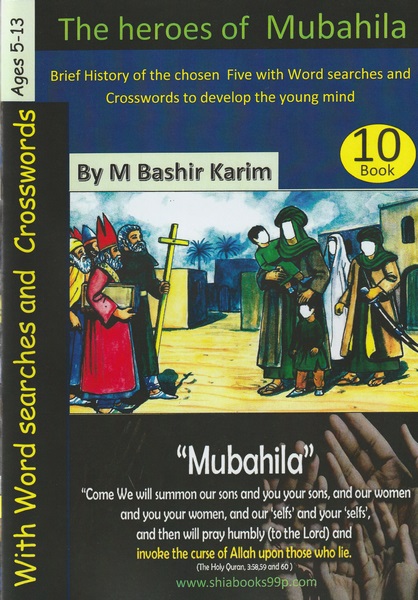
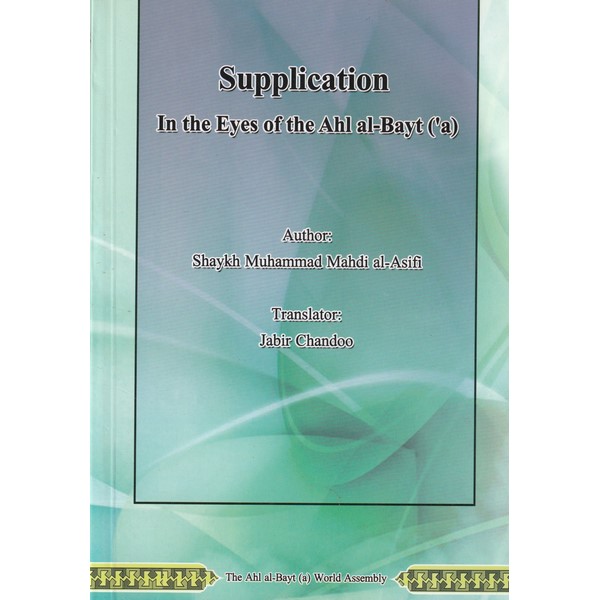
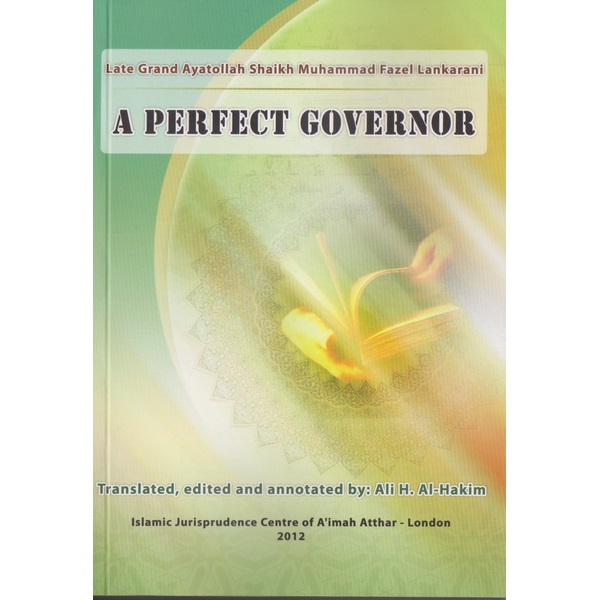
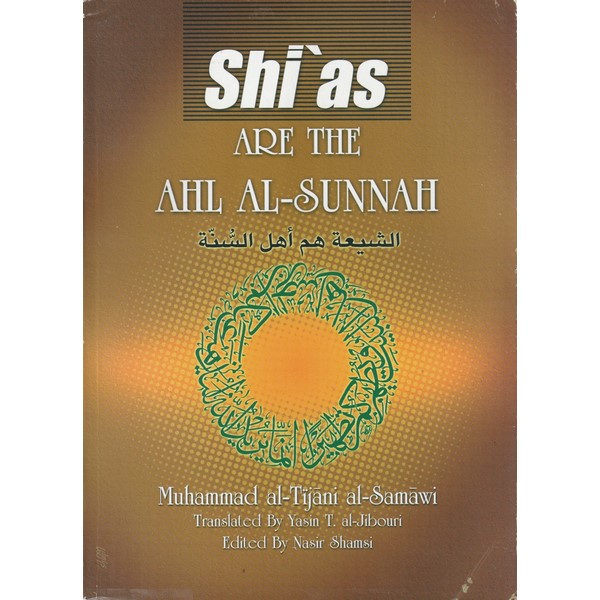
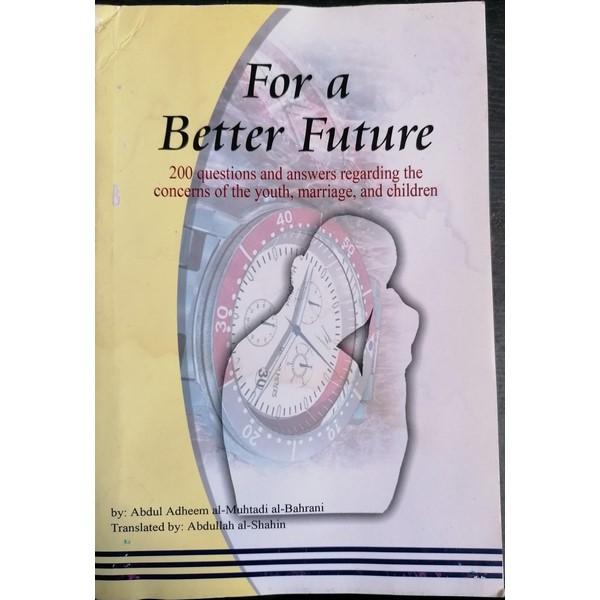
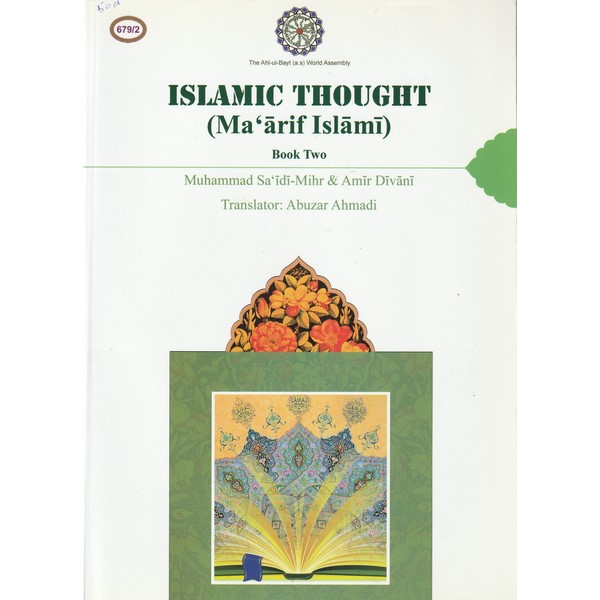


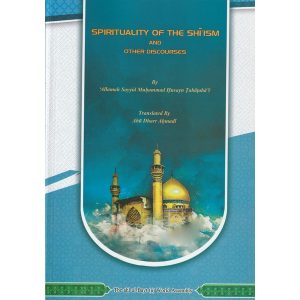

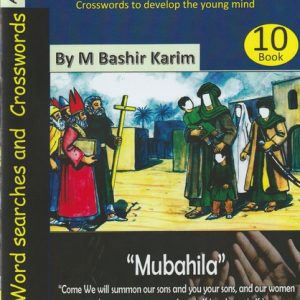
Reviews
There are no reviews yet.